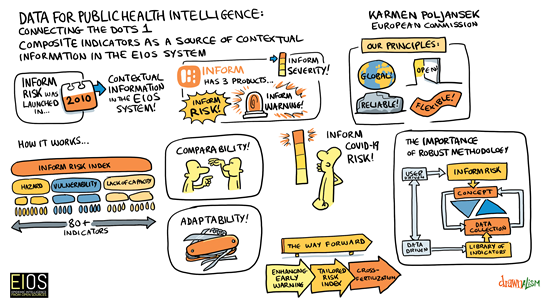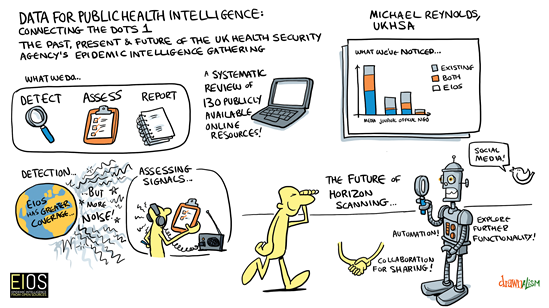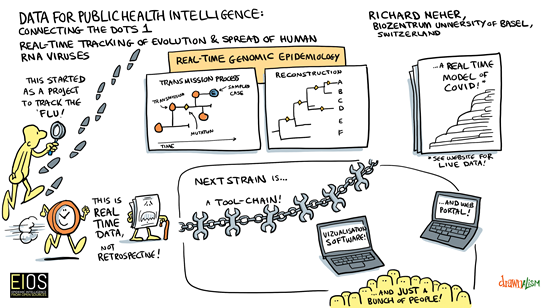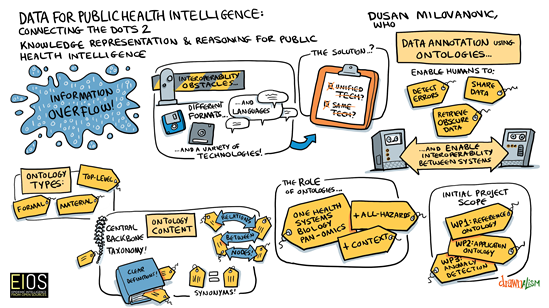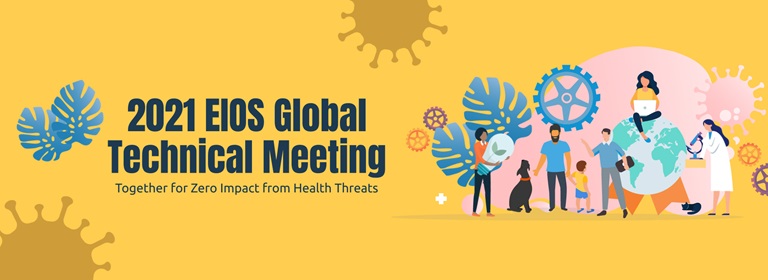
Data for Public Health Intelligence: Connecting the Dots 1
Tuesday, 7 December 2021
Moderators
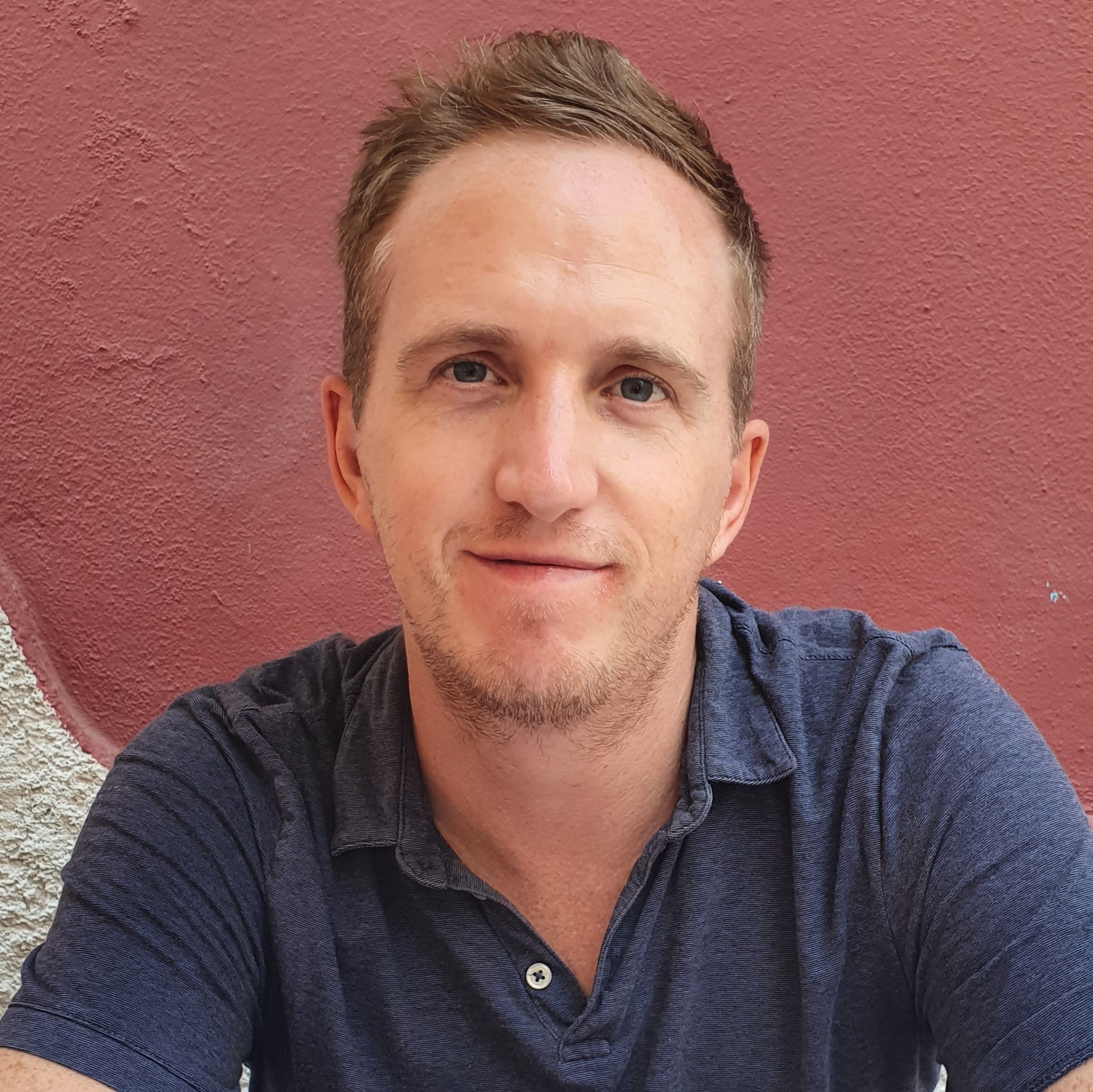
Alastair Donachie
EIOS Categories Coordinator, World Health Organization (WHO)
Alastair is an Epidemiologist and EPIET alumna with several years experience of working on the surveillance and response of communicable diseases at local, national, EU and global level. Last year, Alastair was in Sierra Leone supporting the COVID-19 field response. His specific areas of interest and expertise include implementing, monitoring and improving epidemic intelligence systems, rapid risk assessment and outbreak response in emergencies. He has previously worked with the ECDC Epidemic Intelligence team in Stockholm and the Public Health Intelligence (PHI) and COVID-19 Intel teams at WHO Geneva HQ respectively.
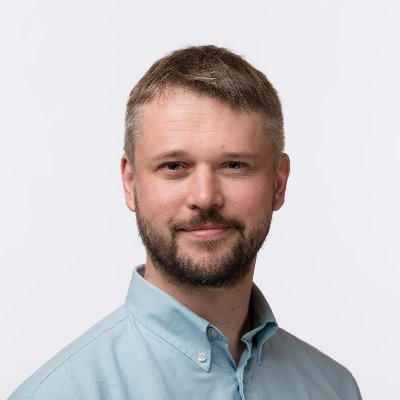
Danil Mikhailov
Executive Director, data.org
Dr. Danil Mikhailov is the Executive Director at data.org, where he brings vision, talent, and experience in the emerging field of data science for social impact. He has over twenty years of experience setting up multiple start-ups and leading work across a range of diverse sectors: publishing, education, culture, heritage, health, science, and policy, always investigating and innovating in the space where technology, culture, and society converge. Prior to data.org, Danil was at The Wellcome Trust, where he founded and directed the Wellcome Data Labs, an interdisciplinary team of data scientists, software developers, and social scientists, creating open-source data tools supporting Wellcome’s mission. In this role, Danil has led work across Wellcome to enable faster sharing of data from COVID19 therapeutic trials, set up a major platform to enable funding organizations and philanthropies to securely share and analyze sensitive grant data, and co-created a major new funding program focussed on supporting open-source data science tools and products. Danil has a PhD in Sociology and Communication from the University of Brunel, in addition to Masters degrees in Philosophy and in Chinese Studies and a BSc in Information Technology & Business Management. Danil’s doctoral thesis focused on ways technology is disrupting established academic systems.
Speakers

Karmen Poljansek
INFORM Scientific Coordinator, Scientific Project Officer, Joint Research Centre (JRC), European Commission

Michael Reynolds
Principal Scientist (Emerging Infections), UK Health Security Agency (UKHSA)
![]()
Richard Neher
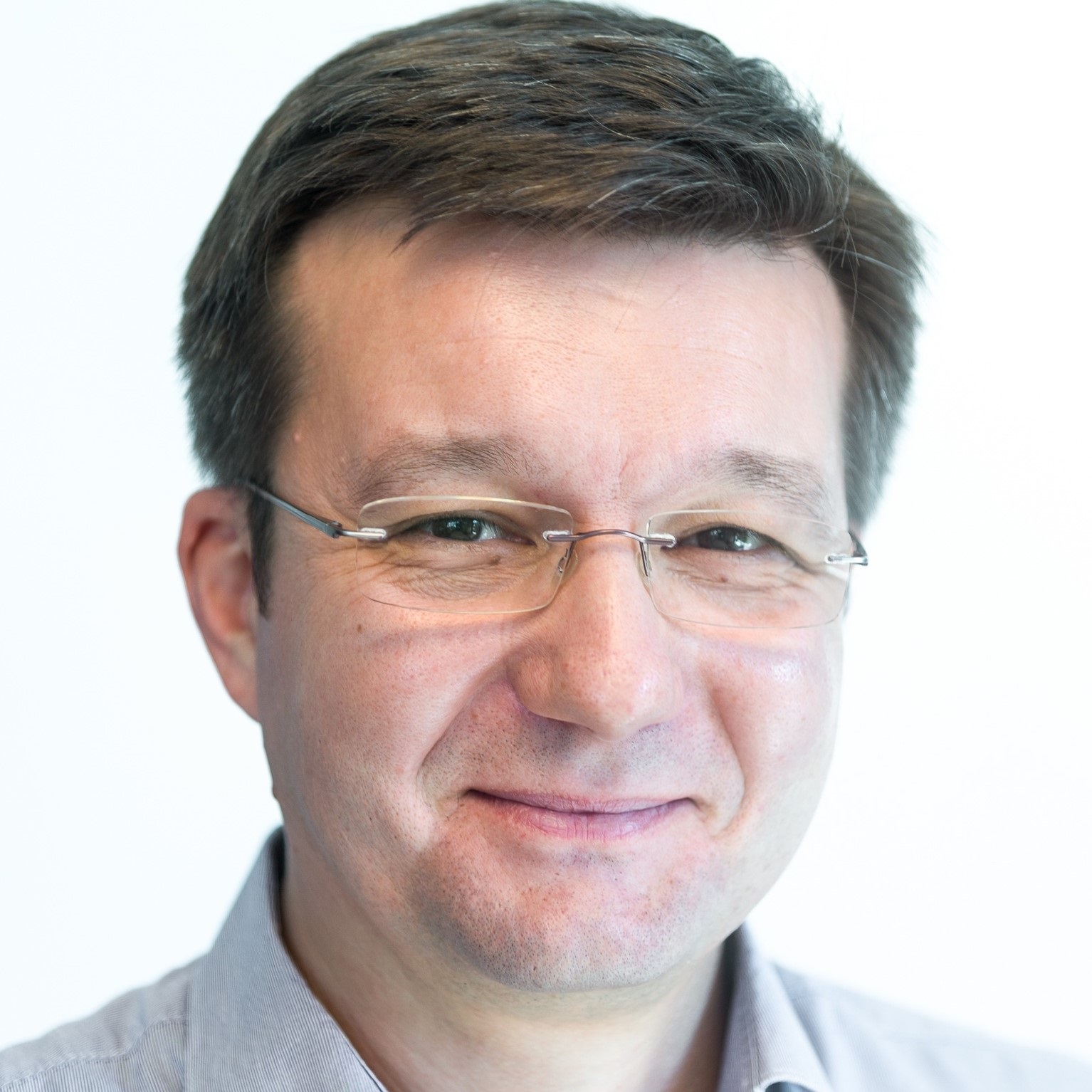
Dusan Milovanovic
Health Intelligence Architect, World Health Organization (WHO)


